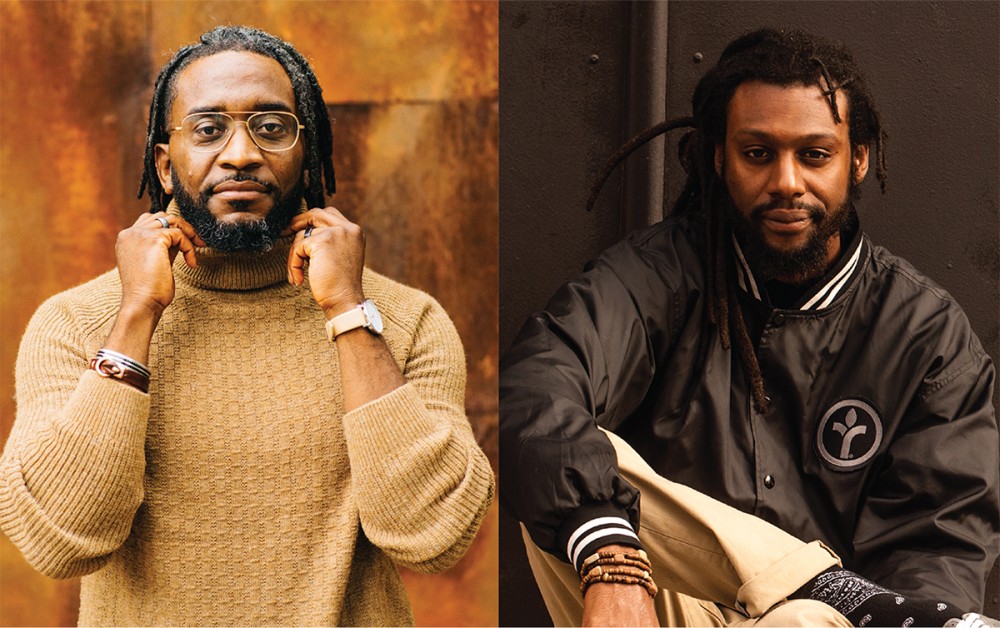Hip-hop artists Sho Baraka and Propaganda flip the script
Stanley Hauerwas says good theological writing makes the familiar strange.

The scratch is a sound. As a technique, hip-hop artists scratch by moving a vinyl record back and forth by hand. Scratching interrupts the steady movement of the record and produces endless timbral and rhythmic possibilities. The scratch radically transformed the turntable into a musical instrument capable of deconstructing recordings and squeezing out new sounds through speakers. Hip-hop artists use turntables to tinker with timbres and make music. Ever since it was first introduced by DJs in the 1970s, the scratch has been a hip-hop hallmark.
The scratch, however, is more than a musical technique. It is more than a sound. It is a moment of rupture, a purposeful interruption breaking into the music and the moment. It is a hip-hop value.
In his book Digital Griots: African American Rhetoric in a Multimedia Age, Adam Banks describes the impact of the scratch. “It is difficult to overstate just how much the scratch changed music,” he writes, “how crucial it was to the brash announcement that Hip Hop did indeed come to change the game and even attempt to change the world.”





